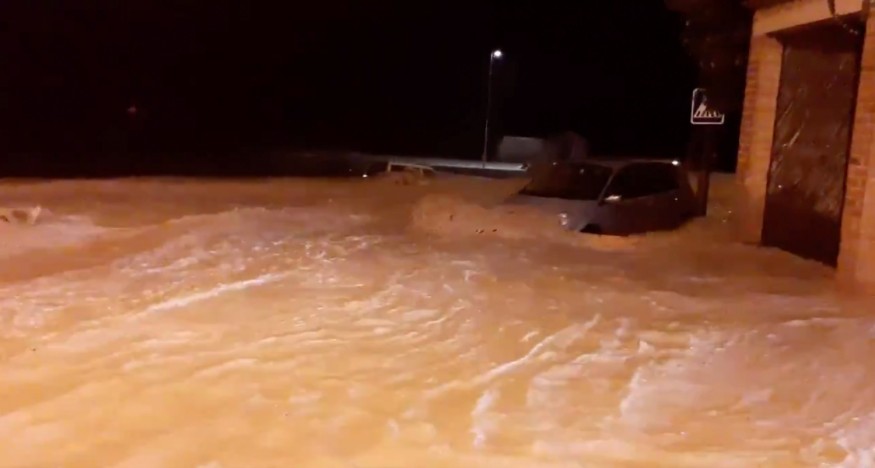
After 40 years of empty promises, more than 11,000 climate researchers from different countries all over the world had enough on all of those lawmakers who "largely failed to address this predicament."
Through a report published in BioScience, a peer-reviewed scientific journal, on Tuesday, the group of scientists issued warning of the "untold suffering" that climate change can bring if no radical actions will be taken.
This is a reminder to all policymakers that "there's no more wiggle room,'' said Phoebe Barnard, one of the lead authors of the report, told CNN.
The study also criticized the annual global climate forum. Despite being conducted for 40 years, no serious actions were actually done to address these issues because businesses were still prioritized.
Greta Thunberg also said the same thing during her "dramatic" speech in UN Climate Forum last September. "All you ever talk about is money and the fairy tale of eternal economic growth. How dare you?" was a direct quote from her message.
There are six issues that can cause catastrophic scenarios if no actions will be taken. These are replacing fossil fuels, reducing climate pollutants like methane and carbon, decreasing meat consumption, ecosystem restoration and conservation, a green economy by omitting carbon, and population control through family planning services and education for young women.
Barnard said that these are not "sacrifices," but an act of changing things that stresses us. She also said that the current world leaders will be remembered by future generations for their incompetence on addressing climate change.
In 2017, a group of scientists that have more than 16,000 members pulled out a similar stunt. Through a letter, they warned that "human beings and the natural world are on a collision course."
The Impact of Climate Change
Yearly since 1906, the average world temperature has been increasing by 0.9 degree Celsius. This has resulted to melting glaciers and ice sheets, different and inconsistent rain patterns, and death of many wildlife species.
The ice melt is probably the most known global impact. And the melt water coming from these ices were increasing the sea level by at least 3.2 millimeters yearly. At the end of the 21st century, the scientists that estimated that the sea might raise to at least 2.1 meters. And it could potentially displace 200 million people permanently while some popular beaches will be consumed by the water.
Wildfires have been increasing a lot recently. In fact, the recent fires in California has worsened because of the wind that climate change has strengthened. There was also another wildfire that happened in Australia that consumed a koala sanctuary.
It also causes drought, and people and elephants in Zimbabwe were suffering for that reason.
Or it could also bring strong typhoons would cause mass destruction of properties and even deaths, just like what happened in Japan last October after the landfall of Typhoon Hagibis.
Do you still remember how crazy the weather in the United States was during the first week of October? Some states had experienced early snow while the other half suffered from extreme drought? And then there's Hurricane Lorenzo, the strongest typhoon ever recorded, in the Atlantic Ocean? That is also an impact of climate change.
RELATED ARTICLE : Europe Warming Faster than Expected Due to Climate Change
© 2026 NatureWorldNews.com All rights reserved. Do not reproduce without permission.





